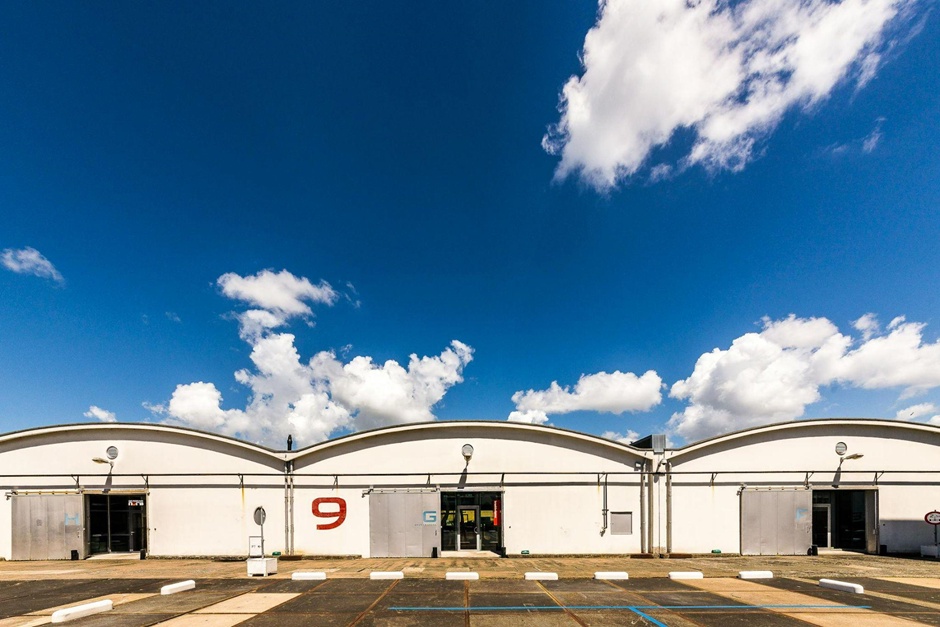In today's rapidly evolving business landscape, efficient warehousing and distribution are critical components of success for companies across industries. Modern warehouse service providers play a pivotal role in facilitating seamless logistics operations, ensuring timely delivery, and optimizing inventory management. However, with a plethora of options available, selecting the right warehouse service provider can be a daunting task. To help businesses make informed decisions, here are essential factors to consider when choosing the best modern warehouse service provider:
Location and Accessibility: The proximity of the warehouse to your suppliers, customers, and transportation hubs significantly impacts logistical efficiency and cost-effectiveness. Choose a warehouse strategically located to minimize transit times and transportation expenses while ensuring convenient access for inbound and outbound shipments.
Facility Infrastructure and Technology: Evaluate the warehouse's infrastructure and technology capabilities to meet your specific requirements. Modern warehouses equipped with advanced technologies such as RFID tracking, inventory management systems, and automation solutions streamline operations, enhance visibility, and improve accuracy.
Scalability and Flexibility: Opt for a warehouse service provider capable of scaling operations according to your business needs. Whether you require seasonal storage, rapid expansion, or customized fulfillment services, choose a partner that offers flexibility to accommodate fluctuations in demand without compromising service quality.
Security and Compliance: Prioritize warehouse facilities that adhere to rigorous security protocols and regulatory compliance standards. Look for features such as 24/7 surveillance, access controls, fire suppression systems, and compliance certifications (e.g., ISO, GMP) to safeguard your inventory and mitigate risks.
Inventory Management Capabilities: Effective inventory management is crucial for optimizing stock levels, minimizing carrying costs, and preventing stockouts or overstock situations. Evaluate the warehouse's inventory management capabilities, including real-time tracking, cycle counting, lot control, and FIFO/LIFO inventory methods.
Service Level Agreements (SLAs) and Performance Metrics: Establish clear SLAs and performance metrics with your warehouse service provider to ensure alignment with your operational goals and expectations. Key metrics to consider include order fulfillment accuracy, on-time delivery rates, inventory accuracy, and responsiveness to inquiries or issues.
Customer Service and Communication: Seamless communication and responsive customer service are essential for resolving issues promptly and maintaining a transparent partnership. Evaluate the warehouse provider's communication channels, escalation procedures, and customer support capabilities to ensure a smooth collaboration.
Sustainability Initiatives: Increasingly, businesses are prioritizing sustainability in their supply chain operations. Evaluate the warehouse provider's sustainability initiatives, such as energy-efficient practices, waste reduction measures, and eco-friendly packaging solutions, to align with your environmental goals and corporate values.
Industry Experience and Reputation: Assess the warehouse service provider's industry experience and reputation within your sector. Look for testimonials, case studies, and client references to gauge their track record of success, reliability, and customer satisfaction.
Cost Structure and Value-added Services: Compare the cost structures of different warehouse service providers while considering the value-added services they offer. Look beyond the base storage fees and evaluate additional services such as order picking, kitting, packaging, labeling, and returns management to optimize cost-effectiveness and operational efficiency.
In conclusion, selecting the best modern warehouse service provider requires careful consideration of various factors ranging from location and infrastructure to scalability, security, and customer service. By conducting thorough due diligence and aligning your specific requirements with the provider's capabilities, you can establish a strategic partnership that enhances your supply chain resilience, agility, and competitiveness in today's dynamic business environment.


No comments yet